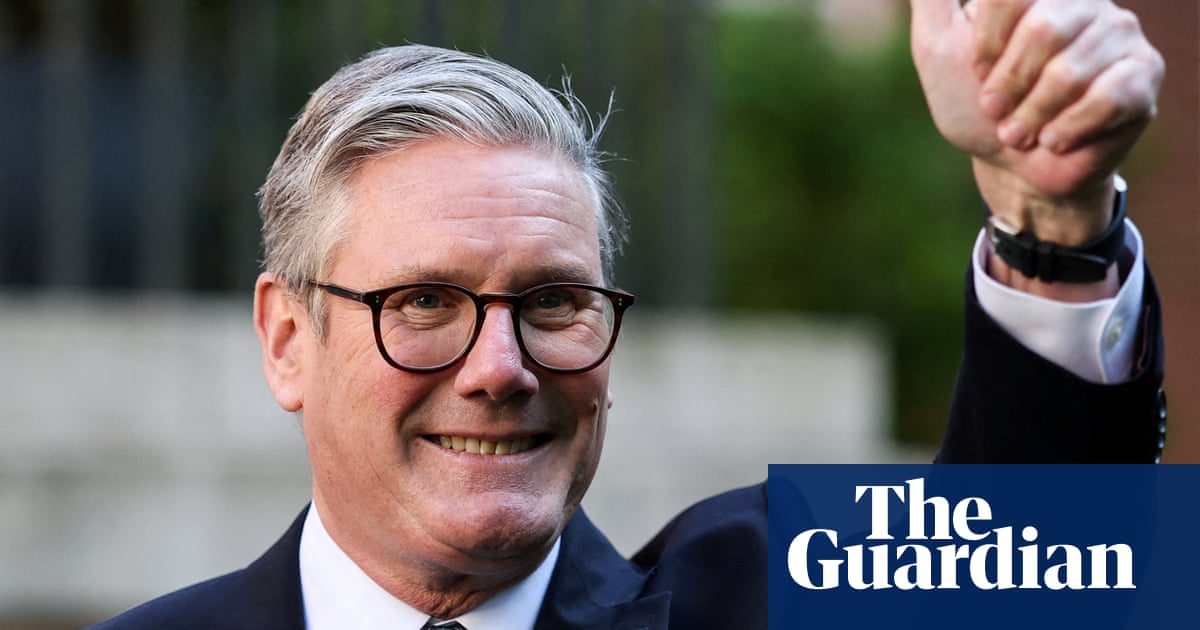Keir Starmer has heralded a “hat-trick of deals” with India, the US and the EU, telling MPs they will protect thousands of jobs and save businesses hundreds of millions of pounds.
Addressing the Commons for the first time sinceannouncing the UK-EU dealon Monday, the prime minister said the three agreements showed Britain had regained its diplomatic clout.
Starmer said: “These deals release us from the tired arguments of the past and as an independent sovereign nation, allow us to seize the opportunities of the future. A clear message sent across the globe that Britain is back on the world stage.”
He added: “These deals represent a signal that we’re back on the world stage, a global champion of free trade, playing an historic role on European security and above all, making deals that put money in the pockets of working people.”
The prime minister was speaking a day after signing a new deal with the EU, under which the two sides agreed to lower trade barriers for agricultural and food goods in return for longer fishing quotas for European ships in British seas.
The deal will also pave the way for British defence companies to bid for money from the €150bn defence fund and should eventually allow UK travellers to use e-gates at European airports.
Starmer said the deal would give British companies an “unprecedented level of access to the EU market”, a day after he acknowledged for the first time the damage Brexit has done to trade.
The Conservatives have criticised the deal for conceding too much to the French in particular on fishing rights, with Kemi Badenoch promising to hold another renegotiation should she enter Downing Street.
The Tory leader said on Tuesday: “This deal has already unraveled. The damage is becoming clear. The political consequences will be heated, and here he is, trumpeting his success.”
British officials admitthey had to concedemore to their European counterparts than hoped for on fishing, accepting a 12-year quota agreement rather than the four-year one they insisted was their maximum.
Starmer said, however, the deal would be good for British fishers. “[It] reopens the EU market for shellfish and makes it much easier to sell British fish into our largest trading partner,” he told MPs on Tuesday. “That’s hugely significant, because 72% of British fish is traded into EU markets.”
Sign up toFirst Edition
Our morning email breaks down the key stories of the day, telling you what’s happening and why it matters
after newsletter promotion
The prime minister promised annual EU summits to build on the deal signed this week. However, he resisted pressure from the Liberal Democrats to re-enter some form of customs union, arguing that doing so would be incompatible with the separate agreements struck withIndiaand the US.
“We’ve just struck a deal with India; we’ve just struck a deal with the US. If we now undo that good work, we undo all the benefits of those two deals,” he said.
“We had our red lines and we’ve kept to those red lines.”
